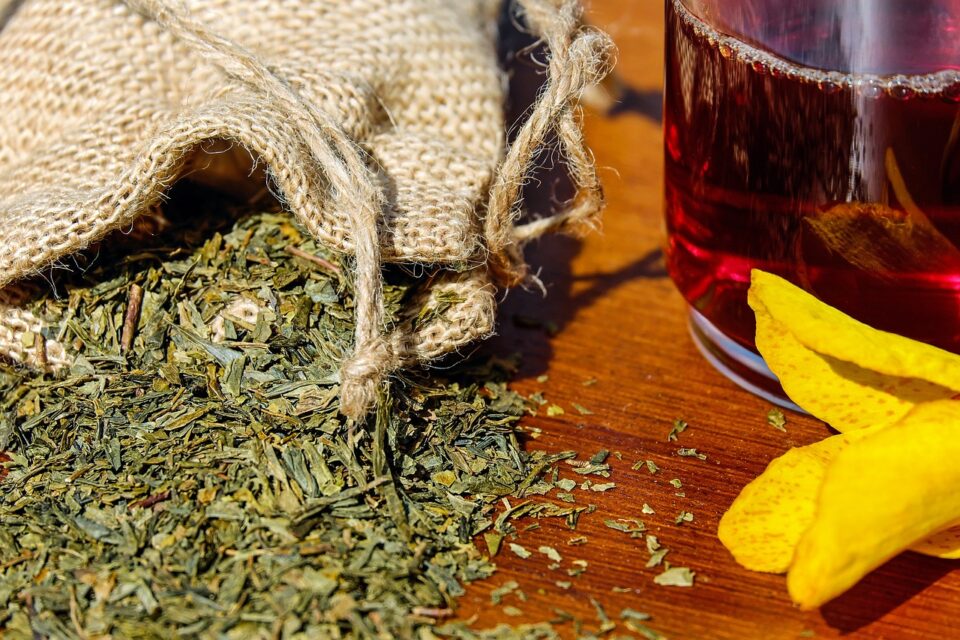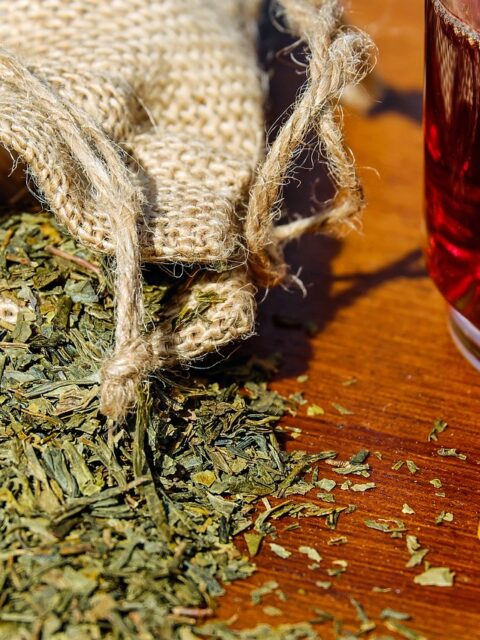
Burnout, though widely recognized today, is not a new phenomenon. The feeling of exhaustion from sustained overwork and emotional strain was described as far back as ancient Greece, where Hippocrates noted a condition called “melancholia” caused by imbalanced living.
In Traditional Chinese Medicine and Ayurveda, symptoms similar to burnout—such as mental fog, chronic fatigue, and emotional depletion—are treated with adaptogenic herbs like ginseng, ashwagandha, and holy basil to restore balance and vitality.
The term “burnout” was popularized in the 1970s by psychologist Herbert Freudenberger, who used it to describe healthcare workers overwhelmed by stress. Today, burnout is officially classified by the World Health Organization (2019) as an “occupational phenomenon” caused by chronic workplace stress.
A 2023 Gallup report reveals that over 40% of global employees experience daily stress, and nearly 2 in 3 employees feel burned out at least some of the time. While the pressures have evolved, the remedy still lies in reconnecting with the body, rhythm, and nature, just as ancient healers taught.
Burnout isn’t just about being tired. It’s a full-body shutdown. It affects you emotionally, mentally, and physically. If you’ve been waking up tired, dreading emails, or feeling like your spark is gone, you’re not alone. Burnout has become one of the biggest silent epidemics in the modern workplace.
The good news? Nature has remedies. Gentle, wise, and non-invasive — herbs can support your recovery process and help you rebuild from the inside out.
🔥 What is Burnout?
According to the World Health Organization, burnout is a syndrome resulting from chronic workplace stress that hasn’t been successfully managed.
It shows up as:
- Exhaustion (mental and physical)
- Cynicism or emotional detachment
- Reduced performance or motivation
- Sleep disturbances or anxiety
🌿 How Herbs Help with Burnout
Herbs don’t replace rest — but they support and nourish your system as you recover. They can:
- Regulate stress hormones like cortisol
- Improve sleep and nervous system tone
- Restore depleted energy and focus
- Reduce anxiety, agitation, or emotional shutdown
🪴 5 Lesser-Known Herbs for Burnout Recovery
🌿 1. Schisandra Berry (Schisandra chinensis)
Why it helps:
- A revered adaptogen in Traditional Chinese Medicine
- Balances energy, reduces fatigue, and sharpens mental clarity
- Supports the liver and adrenal glands under prolonged stress
How to use: Capsules or tincture, often in combination blends
Bonus: Known as the “five-flavor fruit,” it tones the body without overstimulation
🌿 2. Reishi Mushroom (Ganoderma lucidum)
Why it helps:
- Called the “Mushroom of Immortality” in ancient Chinese medicine
- Supports deep rest, immunity, and emotional grounding
- Nourishes the heart and balances Shen (spirit)
How to use: Powder in warm drinks (evening), or capsule
Bonus: Excellent for sleep-deprived or emotionally depleted individuals
🌿 3. Passionflower (Passiflora incarnata)
Why it helps:
- Calms nervous tension, reduces anxiety, and promotes quality sleep
- Particularly useful when burnout leads to racing thoughts or insomnia
How to use: Tea or tincture before bed
Bonus: Gentle enough for daily use, but potent in effect
🌿 4. Siberian Ginseng (Eleutherococcus senticosus)
Why it helps:
- Enhances physical stamina and mental alertness without overstimulation
- Known for building long-term resilience to stress
How to use: Capsules or tea, ideally in the morning
Bonus: Great for those experiencing burnout with physical fatigue or post-viral weakness
🌿 5. Milky Oats (Avena sativa, fresh oat tops)
Why it helps:
- Nourishes and restores the frazzled nervous system
- Ideal for people who are emotionally raw or “numb” from chronic stress
How to use: Tincture of fresh milky oat tops (not dried)
Bonus: Unlike stimulants, milky oats build strength over time
Burnout recovery begins with slowing down, listening to your body, and accepting support from nature. Herbs won’t do the work for you — but they’ll walk beside you through the healing process.
Start small. Sip tea. Choose rest. And trust: your energy will return.


